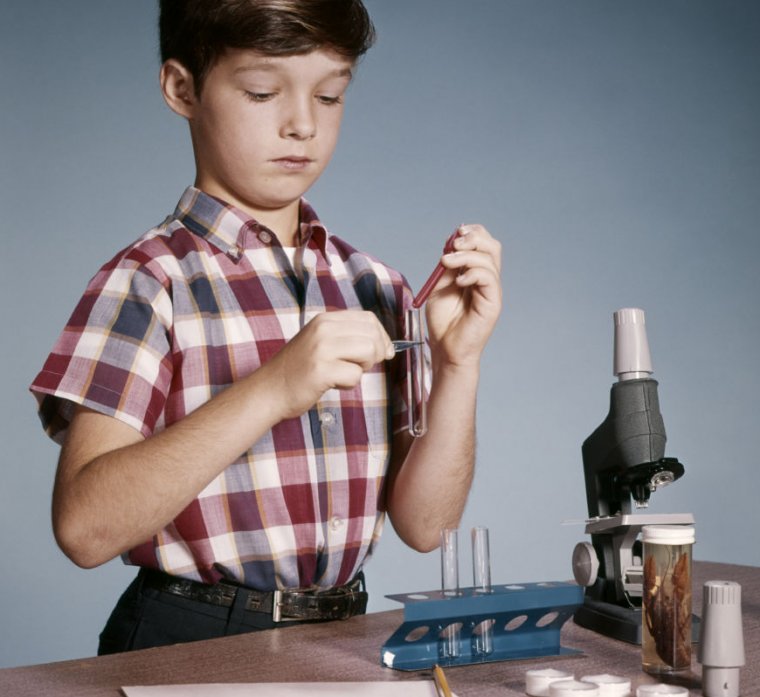Scandal of kids posing as researchers continues to grow in South Korea

More South Korean researchers are accused of fraudulently adding the names of children and teens to their published scientific manuscripts as part of an ongoing college admissions scandal, according to a report by Nature.
The kids—middle and high school students—are listed as co-authors on scientific findings that they allegedly had no hand in. Many of these claimed science-wizzes are researchers’ own children or children of their friends. The authorships, in some cases, are thought to give the children a leg-up in the country’s fiercely competitive college admissions.
As in the US, there is currently intense scrutiny in South Korea over how the country’s elite get their children into colleges.
Since the problem of fake science authorship was first identified in 2017, South Korea’s education ministry and universities have identified 794 published scientific papers with child co-authors. After reviews of 549 of those publications, investigators determined that at least 24 have unjustified authorship. Others appeared to have had young students participate in research as part of legitimate school programs.
The ministry didn’t name the scientific journals in which papers with dubious authorship have been published.
So far, a total of 17 academic researchers are accused of fraudulently adding the names of children to their scientific work, which is considered scientific misconduct in South Korea. The penalty for said misconduct ranges from suspensions from research activities to termination. At least one researcher has been terminated based on the scandal.
The ministry’s latest report last month named 11 of the 17 accused researchers and highlighted several cases in which teens were accepted to colleges after including allegedly fake authorships in their applications.
One South Korean researcher not involved with the scandal told Nature that she feels the problem is more widespread than expected. Another felt that authorship on science publications should not even be included in college admissions decisions “because high school students cannot be involved in research seriously, and because publication achievement can be misused for admission.”
In the US, federal prosecutors this year revealed an alleged nationwide conspiracy to help wealthy and elite families get their children into top American universities. Investigators say the scheme involved bribing university staff, cheating on admissions tests, and fabricating sports credentials.
https://arstechnica.com/?p=1601419